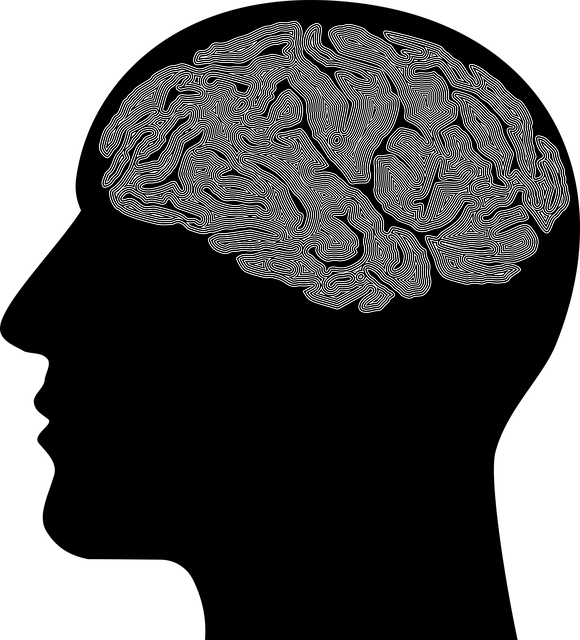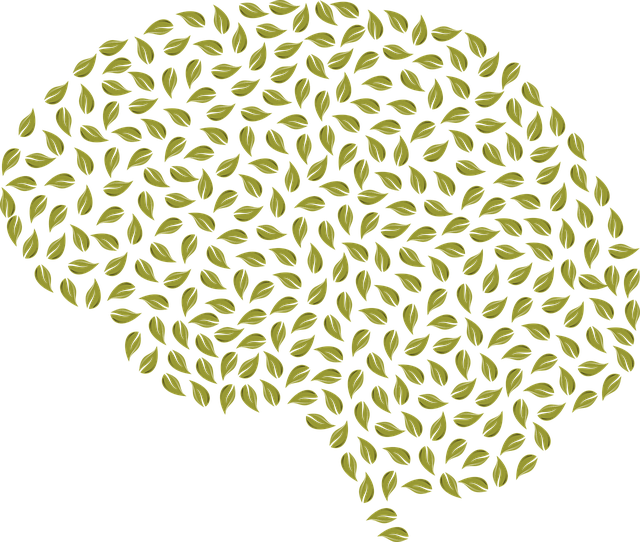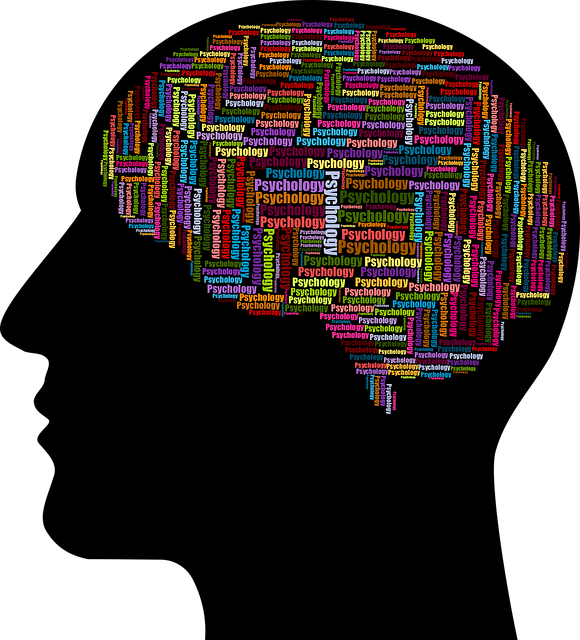Promoting mental wellness in adults with Conduct Disorder (ACD) goes beyond symptom management, focusing on building resilience through tailored therapy, self-awareness exercises, and coping skills development. Cognitive-behavioral therapy (CBT), mindfulness practices, and emotional intelligence training are key strategies, empowering individuals to adopt healthier coping mechanisms, improve impulsivity control, and navigate life's challenges effectively. Integrated approaches like Adult Conduct Disorder Therapy, Stress Management Workshops, and Mental Wellness Podcast Series significantly enhance emotional intelligence, foster healthier relationships, and contribute to improved mental health outcomes in the long term.
Mental wellness promotion is a holistic approach that encompasses various strategies to enhance emotional, psychological, and social well-being. In this comprehensive guide, we delve into key aspects of mental health support, focusing on evidence-based practices and therapeutic interventions. Understanding Mental Wellness Promotion offers insights into fostering resilience and coping mechanisms for long-term wellbeing. Additionally, we explore the role of therapy in treating Adult Conduct Disorder, providing practical strategies for effective mental health promotion tailored to this specific population.
- Understanding Mental Wellness Promotion: A Comprehensive Approach
- The Role of Therapy in Adult Conduct Disorder Treatment
- Strategies for Effective Mental Health Support
- Therapeutic Interventions: Exploring Evidence-Based Practices
- Fostering Resilience and Coping Mechanisms for Long-Term Wellbeing
Understanding Mental Wellness Promotion: A Comprehensive Approach

Mental wellness promotion involves a comprehensive approach that goes beyond addressing symptoms and focuses on fostering resilience and overall well-being. It’s about empowering individuals to understand and manage their mental health proactively, which is crucial for those facing challenges like Conduct Disorder in adulthood. Therapy for Adults Conduct Disorder plays a vital role in this process, offering strategies tailored to address the unique needs of individuals with this condition.
Self-awareness exercises and coping skills development are key components of this comprehensive approach. By encouraging self-reflection and fostering healthy coping mechanisms, those affected can better navigate life’s stresses and setbacks. Enhancing mental wellness through these means empowers individuals to lead more fulfilling lives, improving their overall quality of existence.
The Role of Therapy in Adult Conduct Disorder Treatment

Therapy plays a pivotal role in treating Adult Conduct Disorder (ACD), offering a structured approach to address underlying behavioral issues and foster positive change. Cognitive-behavioral therapy (CBT) is particularly effective, focusing on identifying and modifying negative thought patterns and maladaptive behaviors. This therapeutic approach empowers individuals to develop healthier coping mechanisms, improve impulsivity control, and enhance their overall functioning in social and occupational settings.
Incorporating evidence-based practices such as CBT alongside other therapeutic modalities can significantly contribute to depression prevention and burnout prevention strategies for healthcare providers treating ACD. Engaging in regular therapy sessions provides a safe space for individuals with ACD to explore their emotions, gain insights into their conduct, and learn effective strategies for managing symptoms. Moreover, integrating mental wellness podcast series production as an adjunctive tool can offer additional support, making information more accessible and engaging for those seeking help or wanting to enhance their understanding of mental wellness.
Strategies for Effective Mental Health Support

Mental wellness promotion involves implementing strategies that foster a supportive environment and encourage individuals to develop their inner strength. One effective approach is integrating therapy for adults with conduct disorder, which can significantly enhance emotional intelligence and improve coping mechanisms. By addressing underlying behavioral issues, professionals can empower individuals to manage risks and navigate life challenges more effectively.
Additionally, risk management planning for mental health professionals plays a crucial role in ensuring safe and supportive interactions. This involves strategic interventions tailored to individual needs, promoting self-awareness, and teaching healthy ways to express emotions. Encouraging emotional intelligence development strengthens an individual’s ability to understand and manage their own feelings, as well as empathize with others, fostering healthier relationships and overall mental wellness.
Therapeutic Interventions: Exploring Evidence-Based Practices

Therapeutic interventions play a pivotal role in promoting mental wellness and managing conditions such as Conduct Disorder in adults. Evidence-based practices have been extensively researched and proven effective in treating various psychological disorders. One prominent approach is cognitive-behavioural therapy (CBT), which focuses on identifying and changing negative thought patterns and behaviours. CBT has shown remarkable results in aiding individuals with Conduct Disorder to develop self-awareness exercises that challenge their impulsive actions and promote more adaptive coping strategies.
Additionally, mindfulness-based therapies have gained prominence for their ability to enhance mental wellness. Mindfulness practices encourage individuals to stay present and engaged in the moment, reducing symptoms of anxiety and depression. For those struggling with trauma, evidence-backed treatments such as Eye Movement Desensitisation and Reprocessing (EMDR) offer a glimmer of hope. EMDR combines exposure therapy with bilateral stimulation to help patients process traumatic memories effectively. Coupled with Mental Wellness Journaling Exercises, these interventions provide comprehensive guidance for adults navigating Conduct Disorder and striving for improved mental health outcomes.
Fostering Resilience and Coping Mechanisms for Long-Term Wellbeing

Fostering resilience is a cornerstone of promoting long-term mental wellness. It equips individuals with the ability to adapt and bounce back from challenges, stress, and even traumatic events. This process involves developing coping mechanisms that are healthy, effective, and sustainable. Techniques like mindfulness, cognitive behavioral therapy (CBT), and emotional intelligence training have proven to be powerful tools in building resilience. These methods teach individuals to recognize and manage their emotions, break negative thought patterns, and adopt healthier ways of dealing with stress.
For those struggling with conditions like Conduct Disorder, which often impacts adults, specialized therapy can play a pivotal role. Conduct Disorder Therapy for Adults focuses on addressing underlying issues, improving impulse control, and enhancing social skills. By integrating these therapeutic approaches into structured programs, such as Stress Management Workshops Organization or Mental Wellness Podcast Series Production, individuals can gain practical strategies to navigate life’s hurdles. Ultimately, fostering resilience is about empowering people with the knowledge and skills to maintain good mental health over time.
Mental wellness promotion is a multifaceted approach that combines understanding, therapy, and evidence-based practices to enhance long-term wellbeing. As we’ve explored, strategies such as fostering resilience and coping mechanisms are essential in navigating challenges like Adult Conduct Disorder. By integrating these concepts into our lives, we can create a more balanced and fulfilling existence, ensuring better mental health outcomes for all. In the context of Therapy for Adults with Conduct Disorder, these integrated approaches offer hope and a path to lasting positive change.










